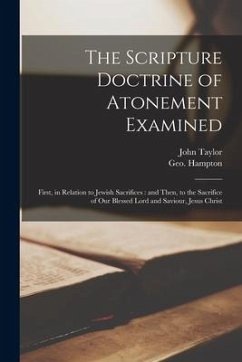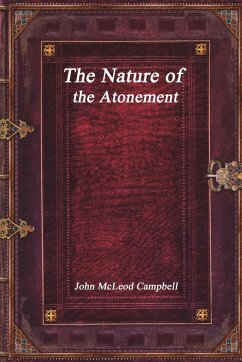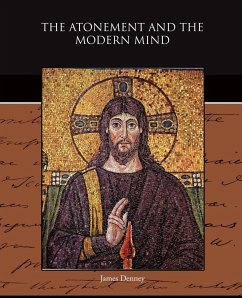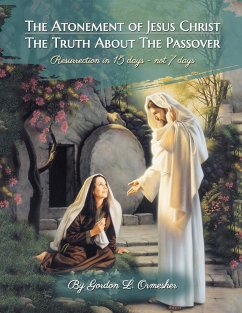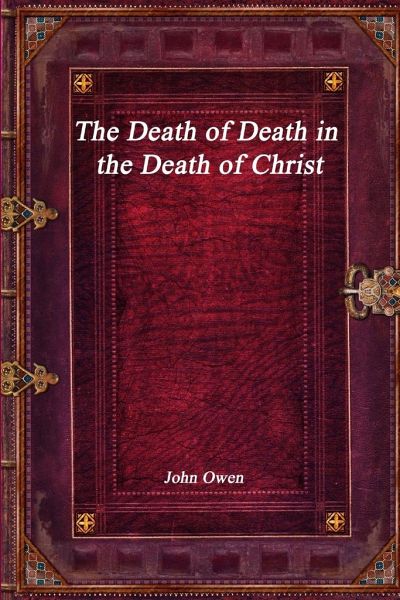
The Death of Death in the Death of Christ
Versandkostenfrei!
Versandfertig in 1-2 Wochen
24,99 €
inkl. MwSt.
Weitere Ausgaben:

PAYBACK Punkte
12 °P sammeln!
Owen was a renowned theologian in his day and this work is a piece of theological brilliance in the reformed and protestant tradition. The death of Christ had a wide range of implications on the fate of humanity and the cause of redemption that Christ came to give to us all. This work goes over all the arguments that have been set up against the reality of Christ's death and Owen brilliantly rebukes these arguments and settles it all.






![The Atonement of Christ Chiefly in Relation to the Great Question, Was It for All Mankind or for the Elect Only? [microform]: Embodying the Views Set Cover The Atonement of Christ Chiefly in Relation to the Great Question, Was It for All Mankind or for the Elect Only? [microform]: Embodying the Views Set](https://bilder.buecher.de/produkte/66/66137/66137446n.jpg)


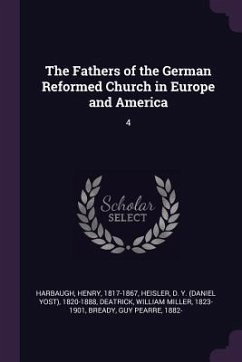
![The Fatherhood of God in Its Relation to the Atonement of Christ [microform] Cover The Fatherhood of God in Its Relation to the Atonement of Christ [microform]](https://bilder.buecher.de/produkte/66/66142/66142894n.jpg)
